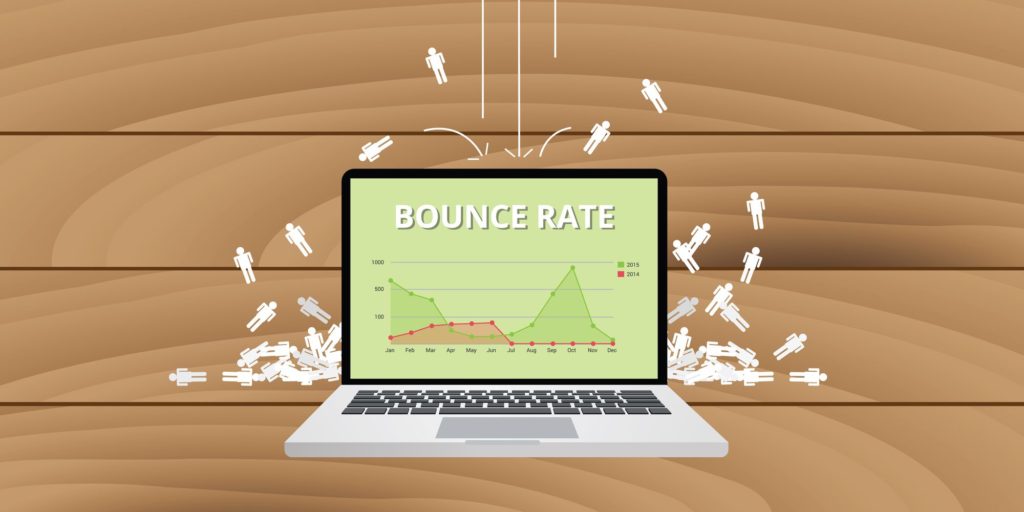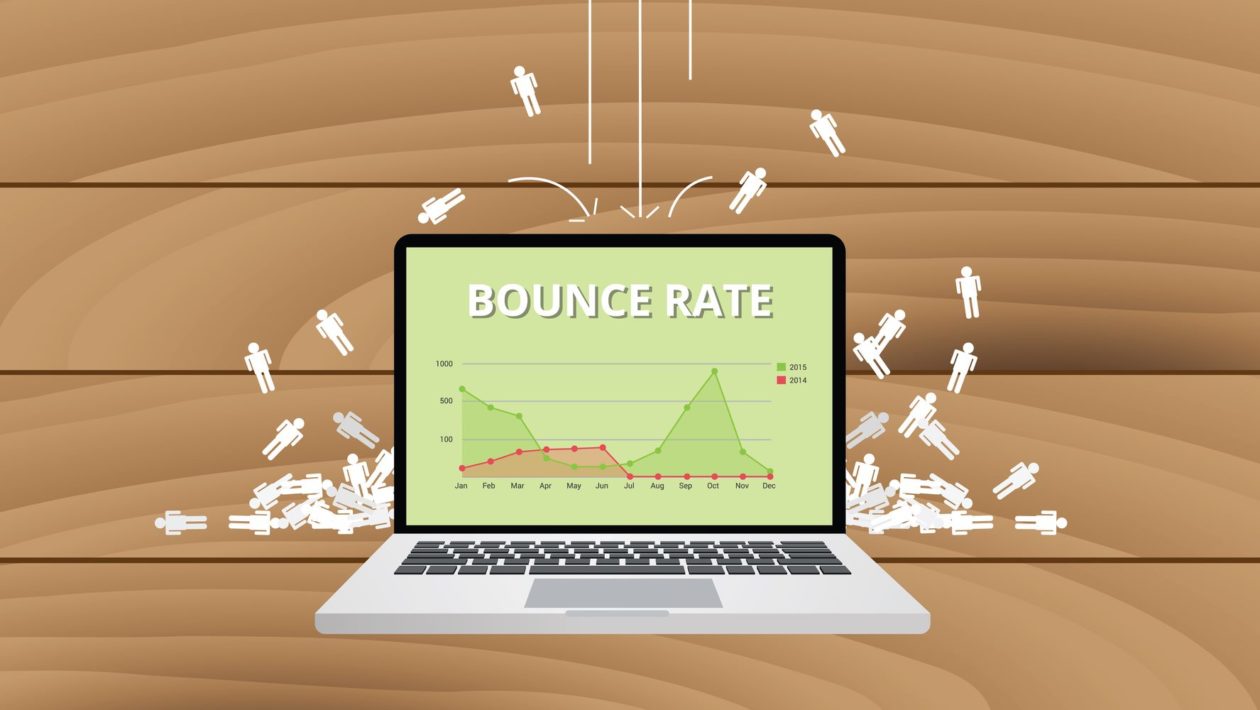Whether you have been up and running for years or are a new business owner keen to develop your own website, it’s essential to understand the basics of SEO. Doing so will help ensure not only your site runs smoothly, but also that customers can find you, that you appear in search results for the products and services you offer, and that your website is working to drive visitors to the point of sale.
Once you have established your website, you need to make sure that you track specific metrics that will help you gain a better overview of how your site is performing. These will help increase your chances of successfully attracting the attention of your customers and selling your products and services to them.
So what key metrics should every website owner be tracking?
Table of Contents
#1 The organic traffic
Your organic traffic is calculated by the number of visitors who land on your website via search engines (excluding those who arrive via PPC advertising). Measuring your organic traffic will give you a reliable indication of whether your site has good SEO. If your traffic is low, this means your website isn’t appearing as an option in search engines when potential customers type in key queries and terms. You should address this ASAP as you could be missing out on a considerable cohort of customers who just don’t know you exist.
#2 The bounce rate
 Your bounce rate is crucial as it indicates whether people who land on your web pages want to stay because they’ve found what they were searching for, or click away because they haven’t. If someone leaves your site without taking any further action, then this counts as a bounce. A high bounce rate alone isn’t necessarily a bad thing; if someone clicks onto a blog post, reads it, and exits, this would still count. You, therefore, need to look at this in conjunction with how long people remain on the page, and also which pages have a high bounce rate. If your contact page has a high bounce rate, that’s probably not something to worry about, however, if your checkout page does, it probably is.
Your bounce rate is crucial as it indicates whether people who land on your web pages want to stay because they’ve found what they were searching for, or click away because they haven’t. If someone leaves your site without taking any further action, then this counts as a bounce. A high bounce rate alone isn’t necessarily a bad thing; if someone clicks onto a blog post, reads it, and exits, this would still count. You, therefore, need to look at this in conjunction with how long people remain on the page, and also which pages have a high bounce rate. If your contact page has a high bounce rate, that’s probably not something to worry about, however, if your checkout page does, it probably is.
#3 The Pages per session
Considering how many pages a single visitor looks at in a single session is also a promising indication of whether those who come to your website are interested in what you have to say. Of course, a high number of pages could also point to user frustration. Therefore, it’s essential not just to look at the figures alone, but to check the journey’s customers make to gain a better understanding of what they might have been doing and whether they are engaged and loving your site, or struggling and exasperated by it.
#4 The organic click-through rate (CTR)

Your organic click-through rate is a useful metric because it allows you to see how many people saw your website in comparison to how many people went on to visit it. If your website is coming up in search engine results pages time and time again, yet people aren’t motivated to click to find out more, there might be some problems with your URL, title tag, and meta description, and fixing these should see an improvement.
#5 The domain authority (DA) and Page authority (PA)
Domain authority and Page authority are both metrics developed by Moz. These help website owners understand the health of their site overall in comparison to others. The DA and PA are both measured on a scale of 1-100, and the higher the number, the better your site is doing. Of course, it’s important to remember that these metrics are measured against others so they can fluctuate. The best way to understand how well your site is doing is to compare it against other similar businesses in your industry rather than take the figure as an absolute, standalone thing.
#6 The SERP dominance
Getting to the top of the search engine results page (SERP) is a lofty goal for many businesses. However, one that more long-established companies may consider is SERP dominance. This means it’s vital to look not only at your keyword rankings but also at how many visitors each term brings you. Consider it this way, if you rank number five on a SERP for a particular keyword or phrase and it brings you 500 visitors, and you rank two on a SERP for another term, but it only brings you 20 – which is more valuable to your business?
#7 The Page speed
Your page speed is also an important metric to keep an eye on, and you can do so via Google PageSpeed Insights. Slow loading pages could affect your SEO and will interfere with user experience, so it’s essential to be aware of any slow-loading pages and to understand how you could make improvements to ensure the page loads quickly.
There are, of course, may more SEO metrics a business can measure to help reveal valuable insights into how your website is performing. However, for those who are just starting out, the above will give them a good overall picture and some important indicators of success.




